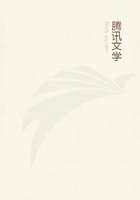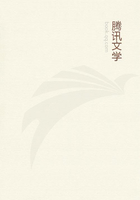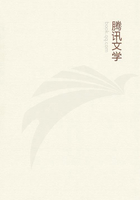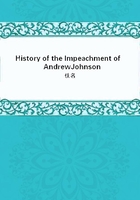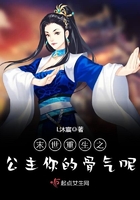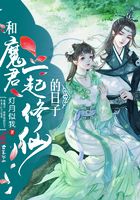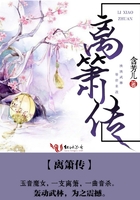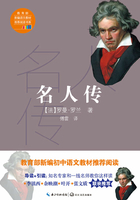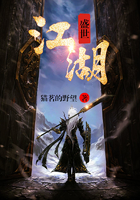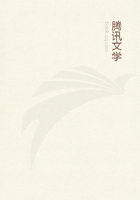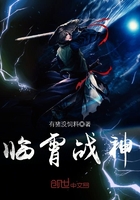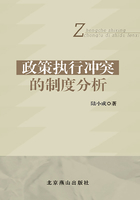Anciently, and even down to the time when this took place, the Eginetans were in all things subject to the Epidaurians, and had to cross over to Epidaurus for the trial of all suits in which they were engaged one with another. After this, however, the Eginetans built themselves ships, and, growing proud, revolted from the Epidaurians. Having thus come to be at enmity with them, the Eginetans, who were masters of the sea, ravaged Epidaurus, and even carried off these very images of Damia and Auxesia, which they set up in their own country, in the interior, at a place called Oea, about twenty furlongs from their city. This done, they fixed a worship for the images, which consisted in part of sacrifices, in part of female satiric choruses; while at the same time they appointed certain men to furnish the choruses, ten for each goddess. These choruses did not abuse men, but only the women of the country. Holy orgies of a similar kind were in use also among the Epidaurians, and likewise another sort of holy orgies, whereof it is not lawful to speak.
After the robbery of the images the Epidaurians ceased to make the stipulated payments to the Athenians, wherefore the Athenians sent to Epidaurus to remonstrate. But the Epidaurians proved to them that they were not guilty of any wrong:-"While the images continued in their country," they said, "they had duly paid the offerings according to the agreement; now that the images had been taken from them, they were no longer under any obligation to pay: the Athenians should make their demand of the Eginetans, in whose possession the figures now were." Upon this the Athenians sent to Egina, and demanded the images back; but the Eginetans answered that the Athenians had nothing whatever to do with them.
After this the Athenians relate that they sent a trireme to Egina with certain citizens on board, and that these men, who bore commission from the state, landed in Egina, and sought to take the images away, considering them to be their own, inasmuch as they were made of their wood. And first they endeavoured to wrench them from their pedestals, and so carry them off; but failing herein, they in the next place tied ropes to them, and set to work to try if they could haul them down. In the midst of their hauling suddenly there was a thunderclap, and with the thunderclap an earthquake; and the crew of the trireme were forthwith seized with madness, and, like enemies, began to kill one another; until at last there was but one left, who returned alone to Phalerum.
Such is the account given by the Athenians. The Eginetans deny that there was only a single vessel- "Had there been only one," they say, "or no more than a few, they would easily have repulsed the attack, even if they had had no fleet at all; but the Athenians came against them with a large number of ships, wherefore they gave way, and did not hazard a battle." They do not however explain clearly whether it was from a conviction of their own inferiority at sea that they yielded, or whether it was for the purpose of doing that which in fact they did. Their account is that the Athenians, disembarking from their ships, when they found that no resistance was offered, made for the statues, and failing to wrench them from their pedestals, tied ropes to them and began to haul. Then, they say-and some people will perhaps believe them, though I for my part do not- the two statues, as they were being dragged and hauled, fell down both upon their knees; in which attitude they still remain. Such, according to them, was the conduct of the Athenians; they meanwhile, having learnt beforehand what was intended, had prevailed on the Argives to hold themselves in readiness; and the Athenians accordingly were but just landed on their coasts when the Argives came to their aid. Secretly and silently they crossed over from Epidaurus, and, before the Athenians were aware, cut off their retreat to their ships, and fell upon them; and the thunder came exactly at that moment, and the earthquake with it.
The Argives and the Eginetans both agree in giving this account;and the Athenians themselves acknowledge that but one of their men returned alive to Attica. According to the Argives, he escaped from the battle in which the rest of the Athenian troops were destroyed by them. According to the Athenians, it was the god who destroyed their troops; and even this one man did not escape, for he perished in the following manner. When he came back to Athens, bringing word of the calamity, the wives of those who had been sent out on the expedition took it sorely to heart that he alone should have survived the slaughter of all the rest;- they therefore crowded round the man, and struck him with the brooches by which their dresses were fastened each, as she struck, asking him where he had left her husband. And the man died in this way. The Athenians thought the deed of the women more horrible even than the fate of the troops; as however they did not know how else to punish them, they changed their dress and compelled them to wear the costume of the Ionians.
Till this time the Athenian women had worn a Dorian dress, shaped nearly like that which prevails at Corinth. Henceforth they were made to wear the linen tunic, which does not require brooches.
In very truth, however, this dress is not originally Ionian, but Carian; for anciently the Greek women all wore the costume which is now called the Dorian. It is said further that the Argives and Eginetans made it a custom, on this same account, for their women to wear brooches half as large again as formerly, and to offer brooches rather than anything else in the temple of these goddesses. They also forbade the bringing of anything Attic into the temple, were it even a jar of earthenware, and made a law that none but native drinking vessels should be used there in time to come. From this early age to my own day the Argive and Eginetan women have always continued to wear their brooches larger than formerly, through hatred of the Athenians.

